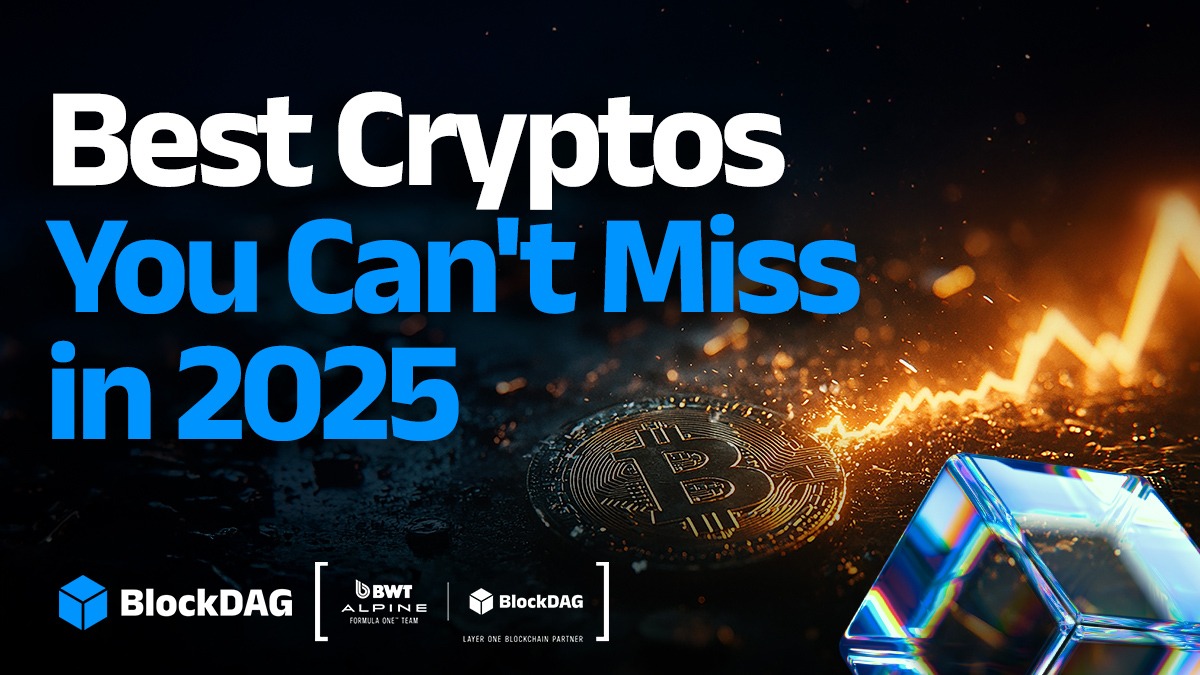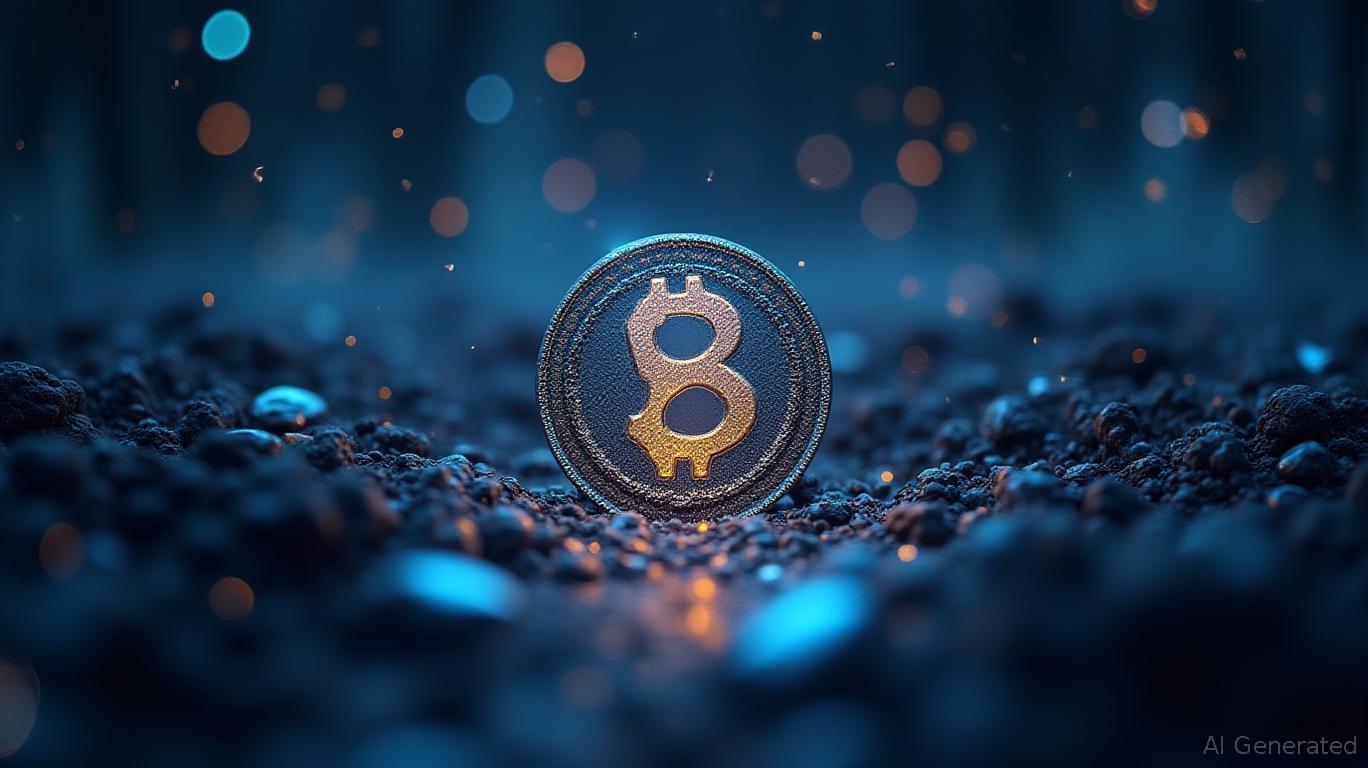Reliance Responds to Chinese Restrictions and Sanctions by Adjusting Its Global Supply Chains
- Reliance Industries faces dual challenges from China's battery export curbs and U.S. sanctions on Russian oil producers. - The company accelerates Chinese battery component shipments while boosting crude oil purchases from the Middle East and U.S. - Reliance's strategy highlights risks of overreliance on single suppliers amid geopolitical supply chain disruptions. - Chinese battery makers promise smooth export licenses, but interim uncertainty forces cautious procurement adjustments.
Reliance Industries Ltd., led by Indian billionaire Mukesh Ambani, is currently facing significant challenges in both its energy and technology supply chains. Recent developments reveal the company’s dependence on international markets as it adapts to shifting geopolitical and regulatory environments. Reliance has recently sped up the export of battery parts from China,
The company’s battery division, which is central to its renewable energy storage ambitions, is encountering immediate obstacles as China imposes stricter controls on the export of essential battery manufacturing equipment. According to the Business Standard, Chinese regulators have implemented new rules this month requiring export licenses for such equipment, effective November 8. A Reliance delegation has traveled to China to speed up shipments, and sources say that at least a dozen other international clients are also rushing their orders, sometimes skipping quality inspections to meet tight deadlines. The report notes that if Reliance cannot obtain Chinese equipment promptly, its plans to assemble batteries domestically for solar projects—an important part of India’s energy self-sufficiency efforts—could be delayed.

At the same time, Reliance has shifted its crude oil procurement approach in light of U.S. sanctions on Russian firms Rosneft and Lukoil. The company has acquired millions of barrels of crude from the Middle East and the U.S., including varieties such as Saudi Khafji, Iraqi Basrah Medium, and Qatari Al-Shaheen, with shipments scheduled for December and January,
These developments highlight Reliance’s efforts to balance its technological goals with the realities of global politics. The Business Standard pointed out that China’s dominance in the battery industry—home to six of the world’s top ten producers—makes companies like Reliance susceptible to changes in Chinese export policies. Meanwhile, sanctions on Russian oil have prompted Indian refiners to quickly adjust their sourcing strategies, leading to increased spot purchases from the Middle East, the U.S., and Brazil, according to Bloomberg.
A Reliance spokesperson commented on the changing situation, saying the company is "evaluating the impact of sanctions on Russian oil supplies and the export of refined products to Europe," and emphasized its ongoing commitment to operational stability through diversified sourcing, Bloomberg reported.
As international supply chains grow more complex due to trade disputes, Reliance’s actions mirror wider industry anxieties about depending too heavily on single suppliers. Chinese battery manufacturers have reassured customers that export licenses will be processed smoothly under the new rules, but the uncertainty has led companies to take a more cautious and reactive approach, the Business Standard reported.
Disclaimer: The content of this article solely reflects the author's opinion and does not represent the platform in any capacity. This article is not intended to serve as a reference for making investment decisions.
You may also like
Ethereum News Update: Whale’s $5 Million ETH Short Triggers Discussion: Sign of Bearish Conviction or Leverage Gamble?
- A crypto whale deposited 5.058M USDC on Hyperliquid to short ETH with 10x leverage, signaling strong bearish sentiment. - The leveraged position highlights risks in volatile markets and regulatory uncertainty, per CryptoAnalysis and Trading Insights reports. - Analysts debate whether the move reflects market confidence in bearish trends or warns of leverage-driven volatility amplification.

Ethereum Updates: Major Investor's Bold Margin Strategy Aims to Weather Market Fluctuations
- A crypto whale known as "100% Win Rate Whale" has increased short positions in Bitcoin and Ethereum amid volatile markets. - The whale injected 1 million USDC into a BTC short position, raising its liquidation price to $118,409 with $4.07M unrealized losses. - A $14.27M ETH short position at $4,120.06 entry price highlights the whale's significant exposure to Ethereum's price swings. - Analysts emphasize the whale's defensive margin management strategy rather than directional bets, underscoring risks of

Top Cryptos with Most Potential: BlockDAG, Dogecoin, Pepe, and Shiba Inu Gain Momentum

Solana News Today: Grayscale Connects Conventional Finance and Blockchain through Solana Trust
- Grayscale launches GSOL, the U.S.'s largest publicly traded Solana spot fund, offering direct SOL token exposure and staking integration. - Solana's network generates $425M monthly fees, supports 500+ dApps, and maintains 1,000+ active developers, reinforcing institutional confidence. - Regulatory progress includes Hong Kong's Solana ETF approval and U.S. applications, while SOC certifications enhance staking security for risk-averse investors. - Despite recent price dips, Grayscale highlights Solana's u
